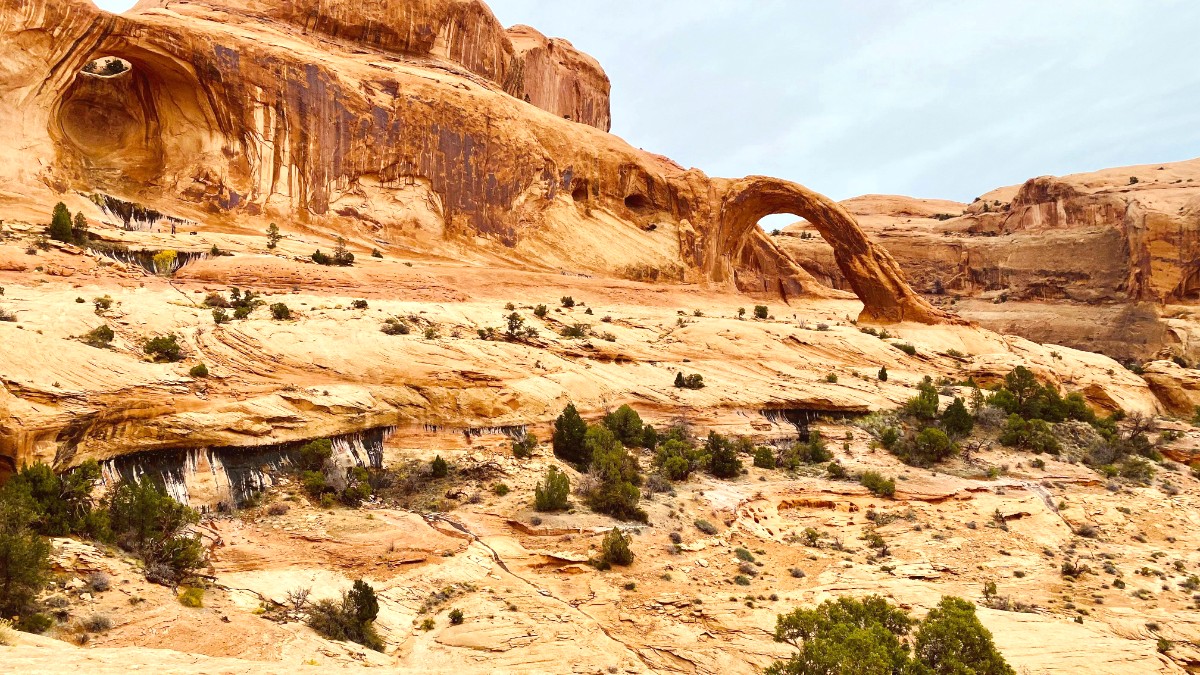
Southwest, USA
Staying connected in Moab varies from reliable in town to challenging in remote areas.
Tools and locations for communication and sending mail.
Understand typical operating hours and financial services in Moab.
Financial services and public holiday impacts.
Carry backup power for devices. Download offline maps and essential information. Inform someone of your itinerary, especially when venturing into remote areas. Plan for limited connectivity in the parks.
Navigate local customs and interactions with ease in Moab.
Casual greetings like 'Hello' and 'Hi' are common. A handshake often accompanies introductions. Comfortable, practical clothing is the norm.
Photography is generally allowed in public areas. Always ask permission before photographing individuals or on private property. Do not disturb wildlife for photos.
Respect the fragile desert environment. Avoid littering, stay on marked trails, and practice Leave No Trace principles diligently.
Mindful conduct creates a welcoming environment for everyone.
Navigate Moab with awareness of local norms and restrictions.
Check individual National Park Service (NPS) websites for detailed accessibility guides. Service animals are welcome in public places and national parks. Local shuttle services may vary in accessibility; inquire directly.
Help preserve Moab's natural beauty and cultural heritage for future generations.
National Parks, State Parks, and BLM lands are protected areas. Strict regulations protect natural and cultural resources.
Choose options that align with environmental preservation.
Choose tour operators that align with responsible travel.
Look for stays that implement sustainable practices.
Practice these seven principles: plan ahead, travel on durable surfaces, dispose of waste properly, leave what you find, minimize campfire impacts, respect wildlife, and be considerate of other visitors.
Respect for Moab's ancient history and local community forms an important aspect of responsible travel.
Protect the past; do not disturb historical sites.
Engage respectfully with the local population.
Capture moments respectfully and responsibly.
Be aware of your impact on the delicate desert ecosystem.
Your respectful interactions and adherence to local guidelines contribute positively to your experience and the well-being of the Moab community and environment.